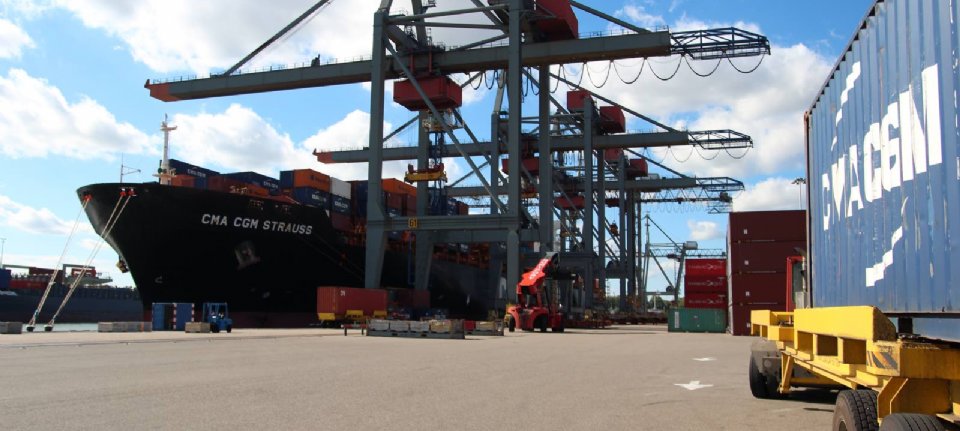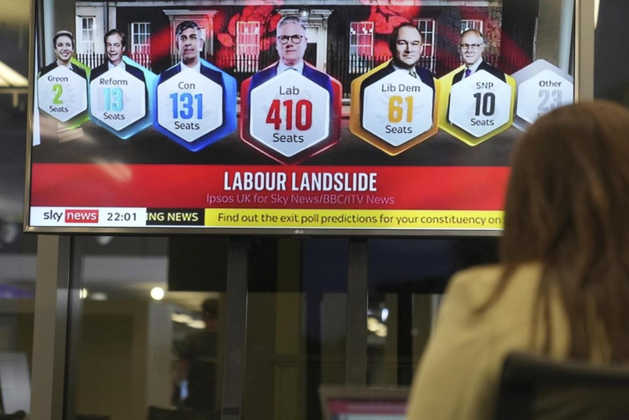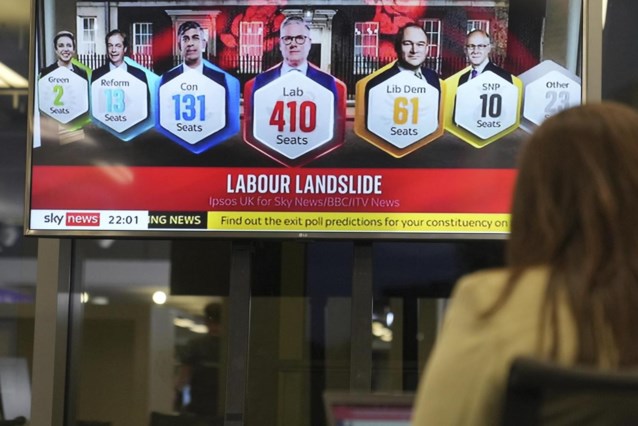Brexit has seriously disrupted trade between the European Union (EU) and the United Kingdom (UK). Over the past year, total UK imports from the European Union fell by almost a quarter (24.8 per cent), while exports to the EU fell 13.1 per cent.
This can be seen from the report to the Committee on Agriculture in the European Parliament. European companies are already suffering export losses due to Britain’s departure from the EU, while phytosanitary and veterinary customs controls have not been implemented.
The Dutch European Parliament drew attention to the export of potato seeds. The Netherlands has a live trade of over 18,000 tonnes per year. Which is now completely silent. ‘It is definitely impossible to recognize each other’s standards,’ says MEP Bert-Jan Ruissen (SGP).
“And then realize that 2021 is just another year of transition.” Ruissen fears that the real consequences will only be felt in the coming year. Then the physical examination and requirements regarding form begin.
control tightening
The UK government will tighten certification requirements for most agricultural products on January 1. The new requirements will take effect between 1 July and 1 November 2022. Agri-food entrepreneurs exporting to the UK will need a UK importer or their own UK facility to arrange for certification. An exception applies to trade with Northern Ireland.
A survey in the UK showed that only one in four small importers were ready for the imminent change, while one in eight said they were unable to prepare for the introduction of controls. It is well known that British customs have not even trained the necessary personnel and that their computer equipment software programs are not compatible with European systems.

“Certified introvert. Devoted internet fanatic. Subtly charming troublemaker. Thinker.”







